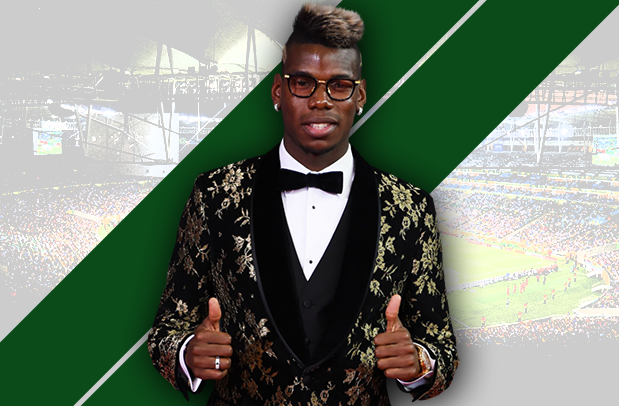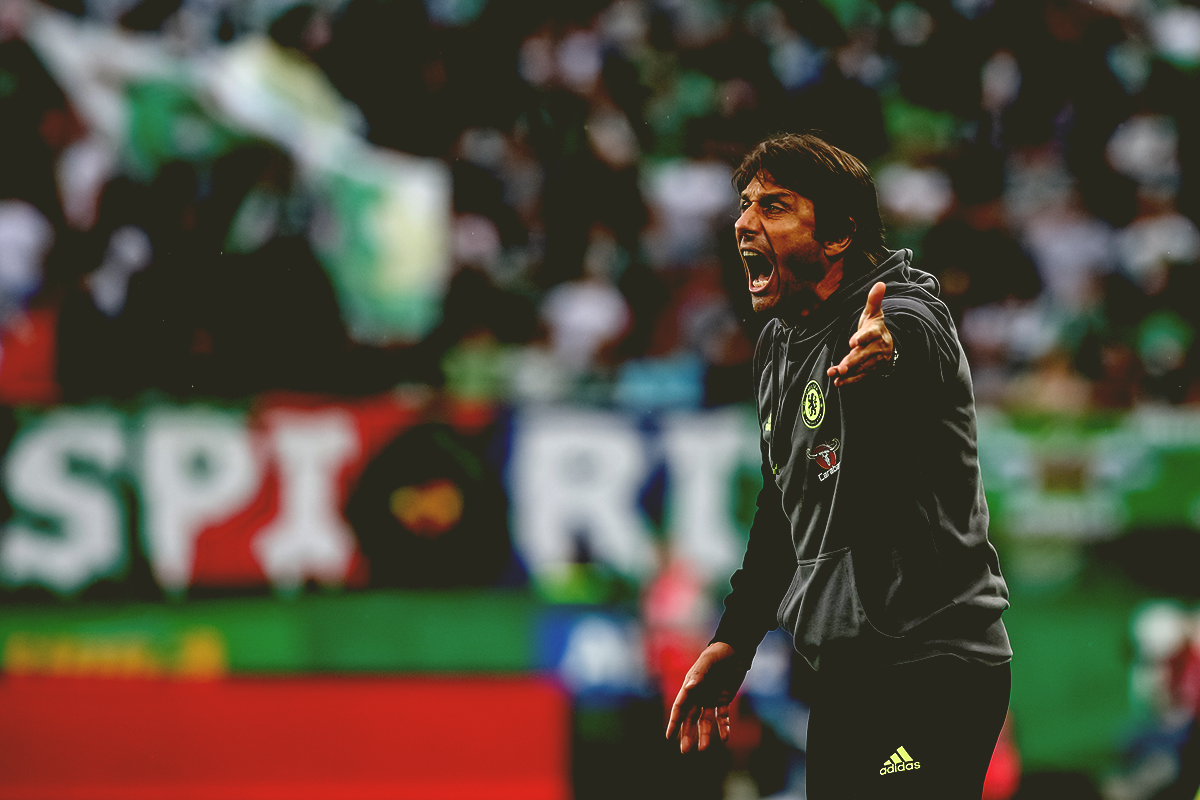Rahul Warrier has a look back at the Albania vs Switzerland game where Taulant and Granit Xhaka locked horns.
The Xhaka family was divided in support on 11th June. Literally so, as Elmaze Xhaka, mother of the brothers, was sighted wearing a half-Albania half-Swiss T-shirt. When Albania faced Switzerland in the afternoon sun in the north-eastern city of Lens, there was more at stake than just footballing honour. Older brother Taulant, the less spectacular of the two, turned out in Albanian colours, while Granit, younger by 2 years, walked out in the colours of the Swiss. Much has been spoken about the clash between two brothers. It is not an unprecedented occasion. The Boateng brothers, Jerome and Kevin-Prince, have played against each other twice before in the 2010 and 2014 World Cups. Rafinha and Thiago Alcantara are Brazilian and Spanish respectively. This is a different scenario though. The Alcantara brothers have never played each other and are unlikely to, while the Boateng brothers are only half-brothers. The Xhaka brothers are closely bonded, ‘best friends’ to each other in their own words. It was thus a strange moment to see both players tussling for the ball, showing no brotherly love on the pitch.
The Xhaka duo symbolise a number of issues extending beyond football: of changing borders, of national identity as a result of migration. These issues are especially relevant in the Balkans, wherein peace was never a given and where violence was an everyday occurrence in the 1980s. Dictatorial regimes across Communist Russia had led to refugees crossing borders to safer places, which usually meant Switzerland, neutral in the World Wars and after. The death of the Yugoslavian leader Josip Tito in 1980 had huge repercussions on peace in the Balkans. Clashes between the Serbians and the Albanians become more precarious through the 1980s, causing families to be uplifted from their cultural roots, including the Xhakas. Ragip Xhaka, a Kosovan, was one who was jailed for being part of political demonstrations. When he was released a few years later, he took his chance and fled to Switzerland. Both brothers were thereby born in Basel. Their family’s story sheds light on the struggles of many Kosovans who were affected by war and poverty, who were forced to leave their motherland due to ethnic violence. There is a clash of social identity here: of the legacy of turbulent politics in post-1945 Europe and of the nationalistic theory that dictates an individual can only be from one nation. That theory is put to bed in this case. Most Swiss-Albanian players feel a connection to both sides- their identity is not singular but a gamut of Swiss and Albanian culture and heritage.
To Ragip and Elmaze’s credit, their insistence on Albanian and Kosovan culture and heritage has shaped their children’s lives. Granit and Taulant feel as much Albanian as they feel Kosovan and Swiss. The parents have kept their now-famous children connected to their roots. It is no wonder why Granit regretted choosing Switzerland, and thus convincing Taulant not to make the same mistake. Both brothers have a deep love for family (they give 80% of their salary every month to their parents). Who would have thought that they would play against each other on the world stage?
Switzerland have a number of players who could play for Albania and vice-versa. Shaqiri, Xhaka, Mehmedi, Tarashaj, Dzemaili and Behrami are all rooted in the Albanian heritage, while on the other hand six of Albania’s players, Ajeti, Gashi, Veseli, Basha, Abrashi and Xhaka are born in Switzerland. It was no surprise when the majority of the Swiss players including Granit did not sing the anthem with pride, in comparison to the Albanians who belted out their rendition with pride. The question of identity is clear here. Most of the players could play for the opposite side or the newly-formed Kosovo. Kosovo, who gained official membership of the UEFA and FIFA in May 2016, are closely intertwined with Albania and Switzerland. Most upcoming footballers will now have a choice to make between turning out for Albania, Kosovo, Serbia or Switzerland, depending on their origins? It could surely be a special occasion when in Euro 2040 we see Kosovo take on Albania in a competitive game. A game which will be symbolic of struggles in a previous life-time.
Granit is undoubtedly the more talented of the brothers. A physical, combative and versatile defender, he made the difficult move as a teenager to Borussia Mönchengladbach. Handling the pressure that came with the price (around 8.5 million euros) and being dubbed the ‘young Schweinsteiger’ by his national coach Ottmar Hitzfield, he has grown as a player at his time in Germany. He’s recently increased his fanbase by moving to Arsenal for a large fee. That will not faze the youngster, who is used to this sort of pressure. The odds are on him fulfilling the expectations heaped on him by the millions of Arsenal supporters.
Taulant, on the other hand, has had to work hard in order to make a career. He’s been at Basel all his career barring a loan to Grasshopper Club in 2012, and quickly realised he was far from a national call-up. Taking advantage of a FIFA rule change in terms of eligibility, Taulant was able to convert to Albanian citizenship by late 2013. His road to the Euros has been far from straight-forward, yet here he is, as fate would have it, playing his first game in an international tournament against his brother.
It is tough to deny that destiny was not in play when the draw for the Euro 2016 groups was conducted in Paris on 12th December last year. Not only were two brothers re-united on the global stage, but two nations with common origins drawn together. Being Albania’s first game in an international tournament, it was a great moment for the passionate fans, a mixture of emotions for the players with conflict of interest. The Albanians have been catapulted onto the big stage, deservedly so. Most thought the expanded format for this iteration of the Euros would dilute the quality and competitiveness in the qualifying and in the main tournament. They have all been proven wrong. Albania v Switzerland provide a more intriguing storyline than none other before, and for more than footballing reasons. It is a battle of national identity for the players, for the fans.
Albania fought bravely through the game. With all eyes on Granit and Taulant, it was the captain Lorik Cana who betrayed expectations with a comical handball that was the amusement of anybody not an Albanian supporter. Yet they hung on. Ermir Lenjani, a Kosovan, cut through a porous Swiss defence playing a high line. Shkelzen Gashi, born in Zurich, had a great chance towards the dying embers of the game to equalize, but with all the time in the world, he took a heavy touch and shot too early, drawing a save out of Sommer. A miss that will sting, as this game would have meant a lot to him. Taulant ran 7.08km in a solid display that saw him duel with his brother a couple of times, providing some timeless pictures. De Blasis chose to throw caution to the wind and have two strikers up front for the last 15 minutes of the game. With the impressive 22-year old Hysaj, Albania have much to offer on the world-stage.
The Swiss started impressively but then faded, but Granit showed he was worth the money Arsenal paid for him, bossing the midfield, being the central hub, showing passion and barking out instructions to his teammates. The only emotion Taulant showed on the other hand was petulance, when he threw a bottle upon being subbed off. Contrasting personalities, which helps to show why both brothers are where they are now. Granit v Taulant was good when it lasted, but the battle was more than just the two midfielders, and Albania were simply short on Lady Luck in the game.
When Granit and Taulant stepped onto the field, when the Swiss and Albanian anthems echoed through the Stade Bollaert-Delelis, it was an emotional rendition for all present. It was not a free-flowing game, but it was a game with a lot of meaning for everyone involved.
Family ties were to be put away for 90 minutes of battle. Granit and Taulant fought hard for the ball, but both brothers exchanged jerseys at the end of the game. Football is a beautiful game, providing moments of joy, putting a smile on faces from every corner of the world. The Granit-Taulant battle generated a great deal of hype, but it succeeded in showing the after-effects of a chaotic Balkans in the 1980s to 1990s. In the end though, football transcends all. The picture of Granit and Taulant in the same frame will remain a poignant and memorable moment of this tournament, for fans and especially for Ragip Xhaka, for whom this game brought his family full circle, a perfect reflection of his life.
Written by Rahul Warrier
- 2020-21 Premier League: U20 Young Players to Watch - September 12, 2020
- Neymar’s move to PSG: The Butterfly Effect - June 24, 2020
- FC Barcelona and their Transfer Recruitment Circus - August 27, 2017

























































